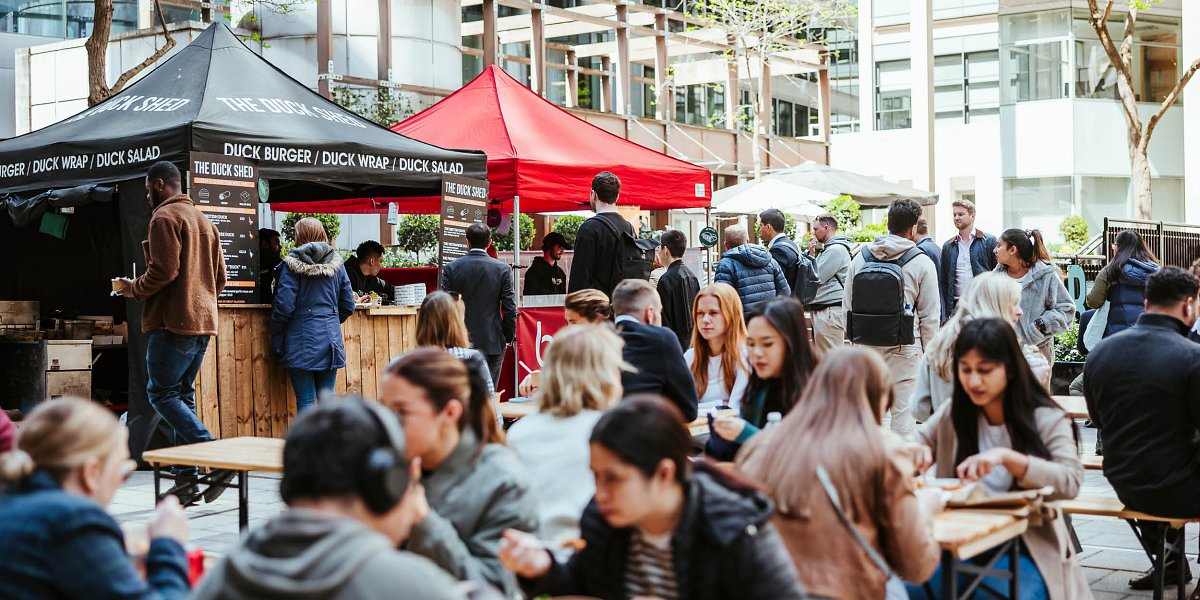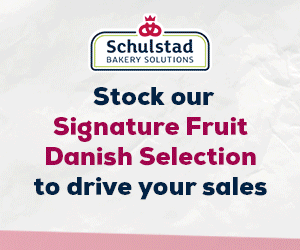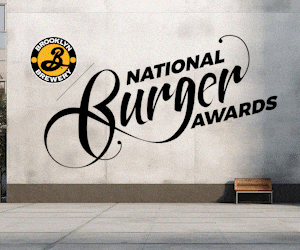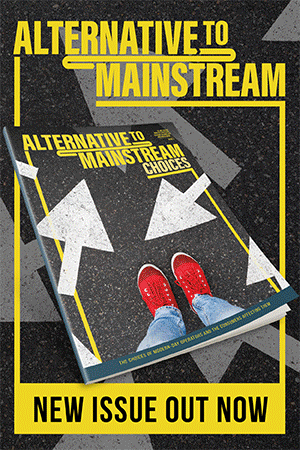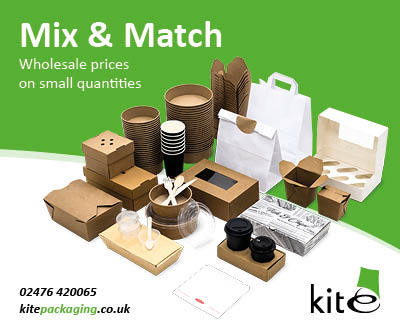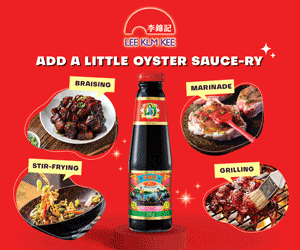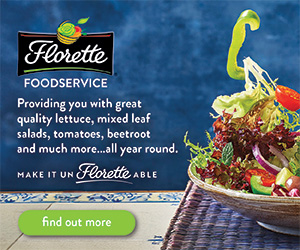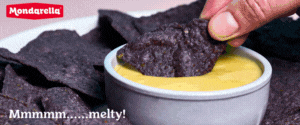The big interview: KERB
As it celebrates 10 years on the KERB, Simon Mitchell, CEO at KERB, shares his expertise on empowering over 500 street food vendors across London

Having spent the last 25 years in the hospitality industry as both an employee and business owner, Simon Mitchell has found himself at the helm of KERB.
From the beginning
KERB was founded by Petra Barran back in 2012. The idea was born from her street food truck, Jimmy, and her Choc Star business. Her vision was to create a community, a place where other street food vendors had the support of each other — but primarily to be the fabric of the city and let as many people as possible taste amazing food, on the street.
Before joining KERB, Mitchell was the founder of his own events company, KIN, “which specialises in arranging incredible parties and events for corporate clients,” he says. He joined KERB eight years ago and says: “My primary role was to bring a bit more formality to what had already been created, looking at the business objectively and to recognise the commercial potential.” His motto since joining has been: “If we can grow KERB, we can have more impact and do more good.”
In his time at KERB, Mitchell has many highlights from launching KERB’s first bricks-and-mortar food markets (Seven Dials, Covent Garden and South Bank), to expanding the events side of KERB to include prestigious events. This includes a five-year residency at Kew, the 2023 Ryder Cup in Rome, partnerships with iconic London venues, such as the Natural History Museum, ExCeL and stadia up and down the country, and taking over the food and drink contract at the iconic National Theatre. He also notes how “strengthening and growing the team at HQ, driving strategic partnerships, expanding our membership base and putting more new businesses into our inKERBator programme, and, more recently, our global expansion plans (in Berlin and San Fransisco),” have all contributed to KERB’s strong growth.
More than a market
Mitchell notes the role KERB actively plays in helping members grow their businesses from day one. “From entry into the KERB membership, which is almost exclusively via our free inKERBator programme, to becoming members through which they have access to 1-2-1 coaching, workshops and more with our team, right to moving into our venues like Seven Dials Market and the National Theatre,” says Mitchell.
When it comes to growing member businesses, Mitchell says: “We’re constantly working with them on their menu development, costing, ops and marketing. We don’t have the usual landlord tenant relationship — we’re here to support them and really pride ourselves on increasing small businesses’ chances to succeed! To date, we’ve worked with over 500 small food businesses, and there are heaps of incredible success stories amongst them.”
Focusing on its own strengths, KERB believes that creating its own unique ecosystem, inKERBator, is what sets them apart it the competition. Mitchell explains: “In practice, this means that we help other small independent businesses from the KERB up. It’s where we started ourselves. We give a financial commitment and a very strong free training and support programme to people wanting to start or help accelerate their food business. This can be physical training, marketing support, health and safety advice or food development. All funded by our social enterprise. We then give those businesses the opportunity to find a place at one of our pop-up or permanent markets.”
Mitchell believes that this mission is at the heart of everything KERB does and how they operate. He emphasises: “The hospitality industry has been so badly affected by the economy over the past few years, so we are proud to be doing all we can to help it find its feet again and support businesses from the ground up. We have been doing it from day one at KERB and will continue to do so in the UK, and beyond.”
Beyond creating household names, KERB works with several impact partners in areas of need, including connecting with charities local to its projects such as The Connection at St. Martin’s, Food Behind Bars, and The Entrepreneurial Refugee Network CIC. “Through these partners we help individuals that want to get into the food industry, break through — by delivering free coaching, training programmes like work experience and apprenticeships, and real job opportunities across our locations and partners,” says Mitchell.
Highlights to success
When asked about the highlight of his career, Mitchell struggled: “It’s hard to put this into one sentence because there have been so many. For me, the opportunity to help other small businesses grow, seeing them go from a start-up, through our inKERBator programme, on to trading at one of our markets and moving out into their own bricks-and-mortar restaurants is a real highlight.” Mitchell champions the success of very well-known businesses, like Truffle Burger and Club Mexicana, that began with KERB.
When it comes to recent highlights, Mitchell reflects on the current growth the business is facing as they expand globally. Mitchell notes the launch of Saluhall, a partnership with Ikea in San Francisco, and a second KERB food hall in Berlin.
When asked what his one business tip would be, he offers: “Despite the mission we are on to do good, it’s essential to have a commercial mindset. The better the company performs the more good we can do.” Mitchell mentions the need for a strong finance department and the ability to understand reports. Aside from this, he recommends having “a very diverse team that commonly share the company’s vision. You need people that are skilled in areas you aren’t, that have differing opinions, different backgrounds, different views and lived experiences — that challenge or question your views and decisions.” Mitchell also believes that your commitment and mission for the business should be unwavering.
Read the full interview in our August issue.



